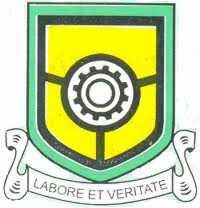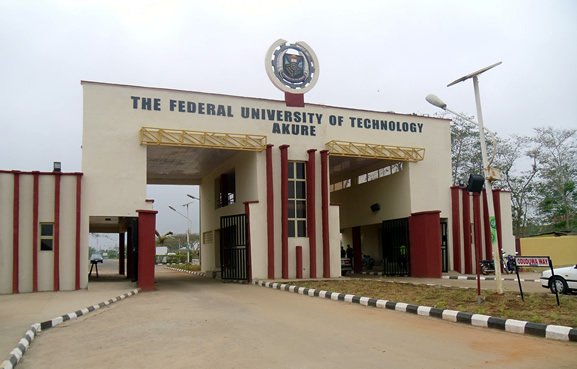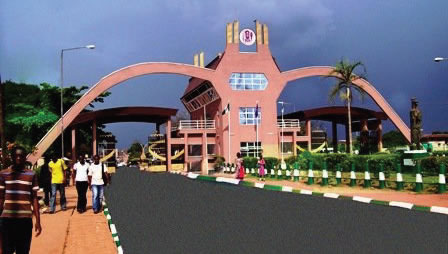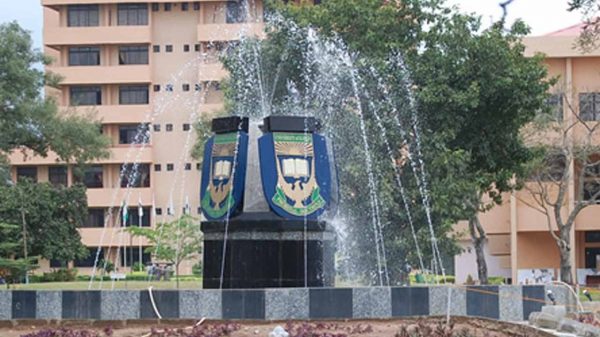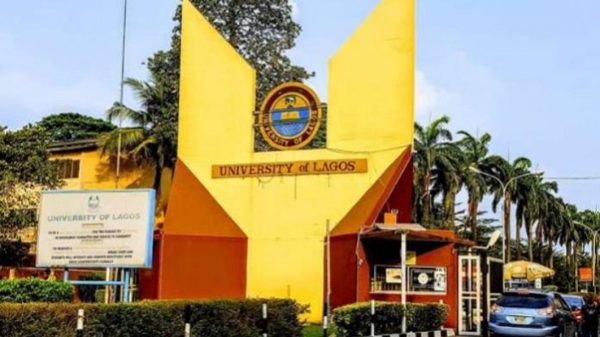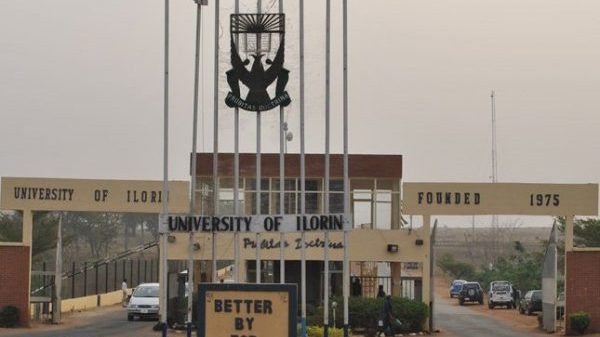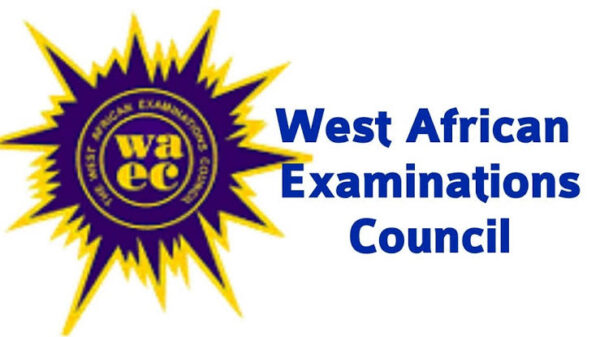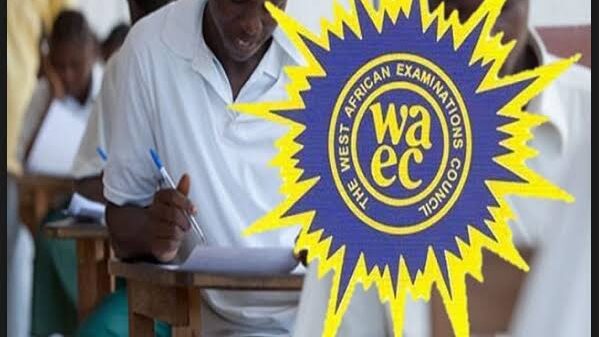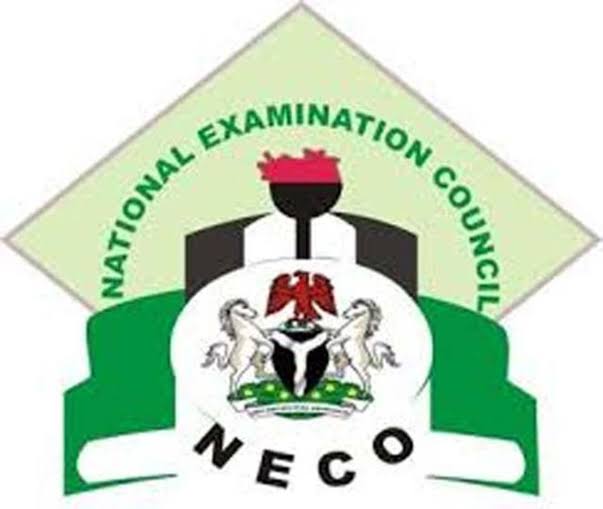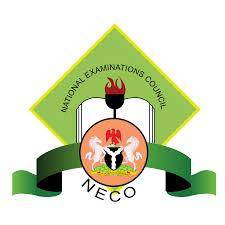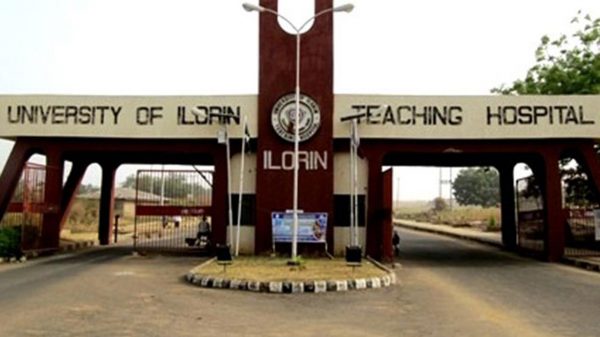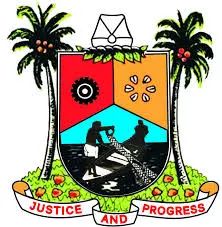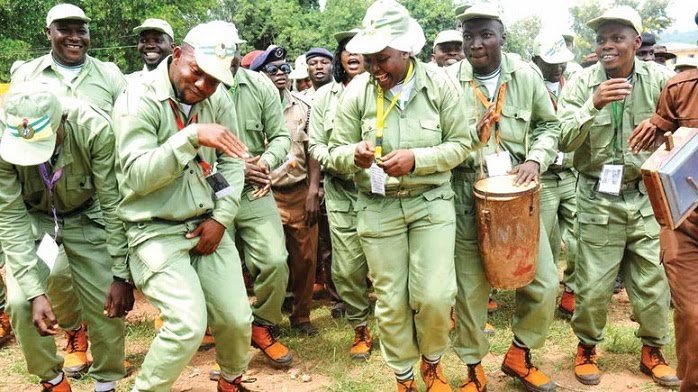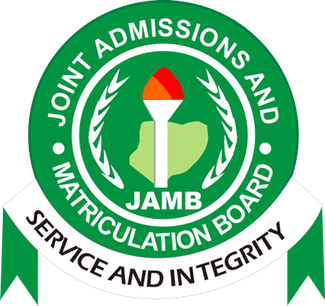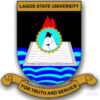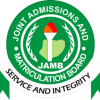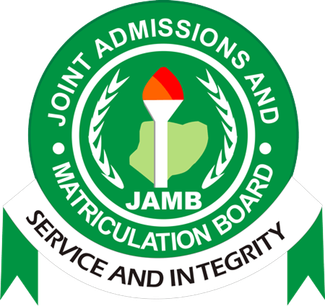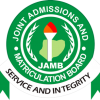The Joint Admissions and Matriculation Board, JAMB, a couple of years ago, made over N400 million from candidates who requested that their names be written in other manners apart from the ones they initially inputed while filling forms to sit for the Unified Tertiary Matriculation Examination, UTME.
The Registrar of the Joint Admissions and Matriculation Board, JAMB, the body in charge of the exam, Prof. Ishaq Oloyede, who disclosed this, said the supposed errors were intentionally made by such candidates who bought more than one form, and who hoped to present the results of the exam where they scored higher marks for admission purposes.
Oloyede stated this while delivering a lecture at the Faculty of Arts, Lagos State University LASU, Ojo, Lagos.
The lecture was titled “Normalising the abnormal: JAMB operations during the COVID-19 era.”
Oloyede who assumed office in 2016, said the incident occurred during his first year in office.“Then, the charges for change of name was N1,000. I was curious when I saw that the Board raked in about N400 million from that alone.
That means about 400,000 candidates saying they did not arrange their names properly or they spelt them wrongly.
After digging deep into the matter, we found out that some candidates bought more than one form and then use different names with the intention of presenting the result with the highest marks for admission process.
To curb that, we subsequently introduced the system whereby candidates are the ones who input their names directly and if anybody says he makes a mistake in the spelling of his name that is his own problem,” he said.
Oloyede decried the attitude where parents were helping their children to cheat in examination, saying the normal habit of children shying away from cheating because their parents would not condone that had been thrown away.
Giving a breakdown of the recorded cases of malpractices during the conduct of UTME from 2010 to 2018, he said the year 2010 had the highest figure of 49,371.
Year 2011 had 19,824, 2012 had 7,881, 2013 recorded 12,532, 2014 had 3,037, 2015 had 2,581, 2016 had 3,462, 2017 recorded 2,512, while 2018 had 9,831 cases.
To stem the tide of malpractices, he said the Board introduced monitoring and remote testing if CBT centres’ network, biometric capturing of 10 fingers of candidates, embossment of photograph on all documents among others.
On the conparative performance of candidates in the last four years, Oloyede said it had been on downward movement.
In 2018, out of 1,607,743 candidates that wrote the UTME, 25.82 percent scored 200 marks and above, while in 2019, when 1,817,306 wrote it, 22.97 per cent were in that category, while in 2020 that had 1,949,692 candidates, only 20.76 percent scored that high and in 2021 with 1,312,992 candidates only 12.84 per cent scored 200 marks and above.
The trend continued in other categories and in the category of those who scored 140 marks and above, 96.96 per cent in 2018, 90.92 percent in 2019, 91.57 per cent in 2020 and 73.43 percent in 2021.
About Author

